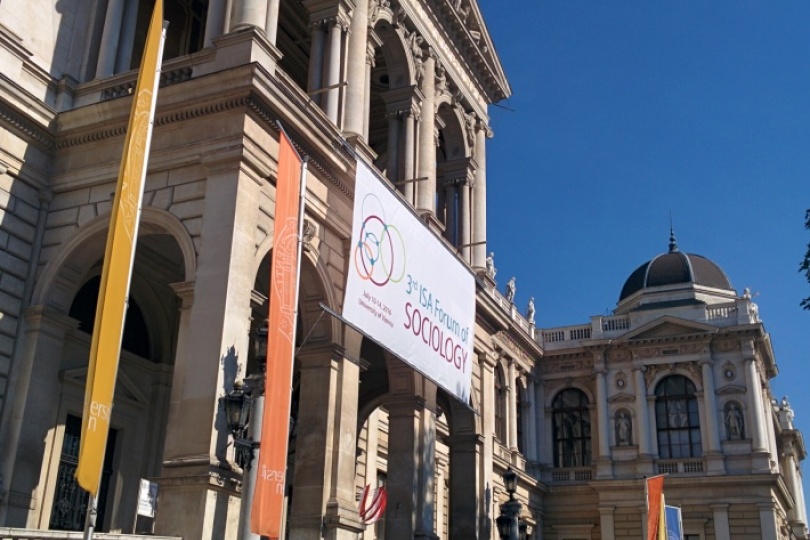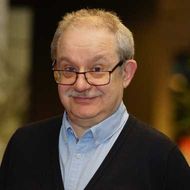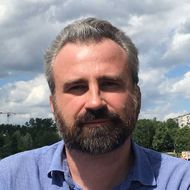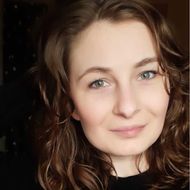Monika Wohlrab-Sahr, Professor of Cultural Sociology at the University of Leipzig in Germany, began her involvement with HSE when she started working with two young scholars – Christian Fröhlich, an Assistant Professor at HSE and a former PhD student of hers, and Rafael Mrowczynski, who has served as a DAAD-lecturer at HSE. Ahead of her upcoming visit to Moscow, where she will present her work on ‘Multiple Secularities’ and give a seminar on Qualitative Methods, Professor Wohlrab-Sahr spoke with the HSE news service about her work, her academic interests, and her views on the key attributes researchers need today.
More than one-third of Russians are paying their children for academic success and household chores.
From July 10 – 14, 2016, the Third International Sociological Association (ISA) Forum of Sociology on ‘The Futures We Want: Global Sociology and the Struggles for a Better World’ took place in Vienna. About 5,000 scholars from 126 countries took part in the event.From July 10 – 14, 2016, the Third International Sociological Association (ISA) Forum of Sociology on ‘The Futures We Want: Global Sociology and the Struggles for a Better World’ took place in Vienna. About 5,000 scholars from 126 countries took part in the event.
In July, an international conference ‘Active Communities, Social-Economy Challenges and Local Knowledge’ and a summer school on ‘Sustaining Mutuality in Times of Crisis: Building Knowledge Alliances in Communities’ were held on Paros, Greece. Graduates of the master’s programme ‘Sociology of Public Sphere and Social Communications’ led by Nikita Pokrovsky, Professor at the School of Sociology, took part in these events.
This summer Helsinki hosted the large annual conference of the European Association for the Study of Religions. Iliyana Angelova (University of Oxford / University of Tuebingen) and Ksenia Medvedeva (HSE) share their impressions from the event and reflect on their experiences of having convened a session at an international conference of such a scale.
Over half of Russians find jobs with the help of their families and friends.
Russians continue to make savings despite a decline in real incomes and lower trust in banks.
Freelancers’ sense of freedom, comfort, opportunities for self-realization, and flexible schedule are often accompanied by regular overwork, urgency and stress. In addition, their earnings are irregular, while their families often have trouble understanding the concept of working from home and don’t see such activities as a ‘real job’.
The Journal of Economic Sociology has been accepted for inclusion into Scopus, the largest abstract and citation database of peer-reviewed literature. The Journal of Economic Sociology has successfully gone through a review process and evaluation governed by The Content Selection & Advisory Board (CSAB), with the participation of international experts. Integration of the Journal of Economic Sociology’s content into Scopus coverage is expected in the near future.
Only 2% of Russians consider themselves financially literate. One in 10 people signs contracts without reading them. Almost half of all depositors do not understand what state insurance of private savings means. One third of the population can manage their individual budget, but do not know their way around the financial services market.

-девочка-копилка.jpg)





.jpg)










